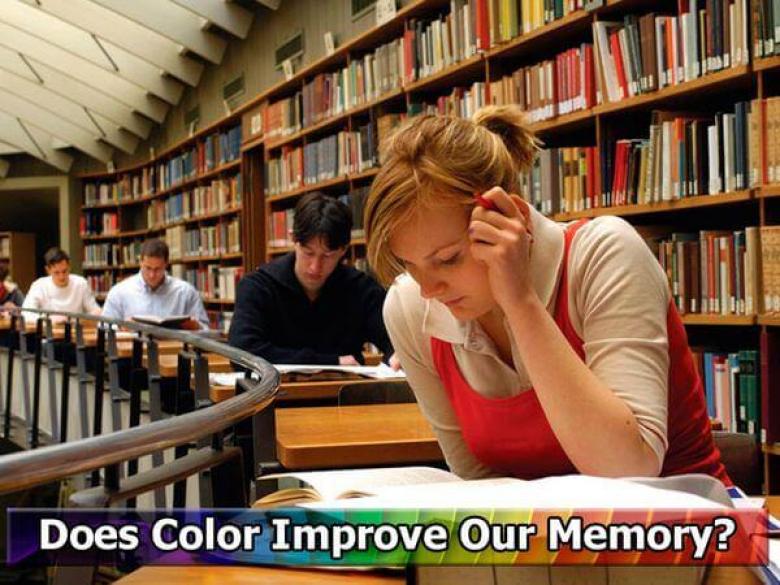
The concept of education is very complex and multidimensional. In the most general definition, education is a process and the result of the assimilation of systematized knowledge, skills, and abilities, the development of the mind and feelings, the formation of a worldview and cognitive processes.
One who possesses general ideas, principles, and methods, defining a common approach to the consideration of diverse facts and phenomena, has a high level of developed abilities and the ability to apply the studied to the largest possible number of special cases can be called an educated person. Such a personality acquired a lot of knowledge and got used to thinking of concepts and feelings.
Consequently, the concept of education includes not only knowledge, skills and abilities as a result of learning, but also the facility to think critically, create, and evaluate everything that happens around as a process unfolding in people’s activities and communication.
The Importance of Education for People
Every person enters the education system almost immediately after birth. The first stage is a kindergarten. Here the child understands the idea that he or she is only a small part of a large world, where people need to behave in a certain way and adapt to the team.
Education is associated with all spheres of public life. This connection is realized directly through a person who is included in economic, political, spiritual, other social connections. It is the only specialized subsystem of society, the objective function of which coincides with the goals of the community. If various spheres and sectors of the economy produce certain material and spiritual products, as well as services for people, the education system produces the person, influencing his or her intellectual, moral, aesthetic and physical development.
Social support for students during their stay in the educational institution is of great importance. For this aim, specialized organizational and role structures are created, resembling a family environment. In carrying out this function, education reproduces the cultural stereotypes and role differentiation inherent in the family.
The social function of education, on the one hand, is characterized as the preparation of a young generation for independent living, and on the other hand, lays the foundations for the future society and forms the image of a person in perspective.
Limited Time offer!
Get 19% OFF
Education and Culture
A person masters social and cultural norms of historical importance during the process of learning and education. As a result, the norms of moral behavior in a social group, at work, in the family and public places, as well as the rules of communication, interpersonal and business contacts are developed. It is not by chance that the meaning of education is seen not only in the transmission of social experience over time but also in the reproduction of the established forms of social life in the cultural space. Education affects many spheres of modern life. Thus, it can be argued that it is one of the most important elements of human evolution.






